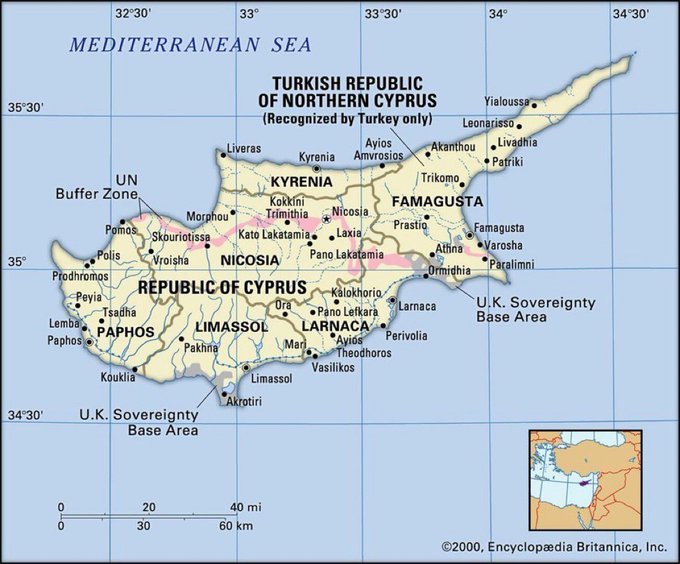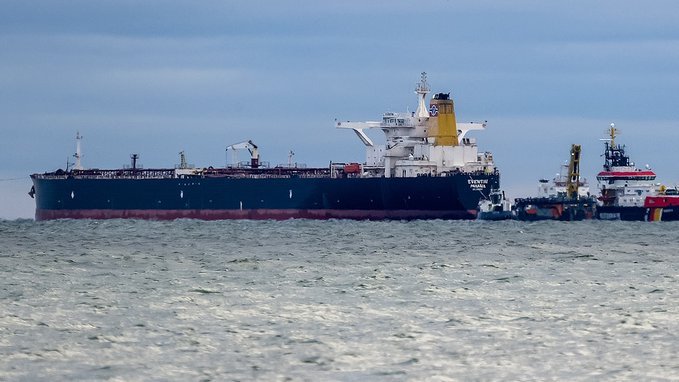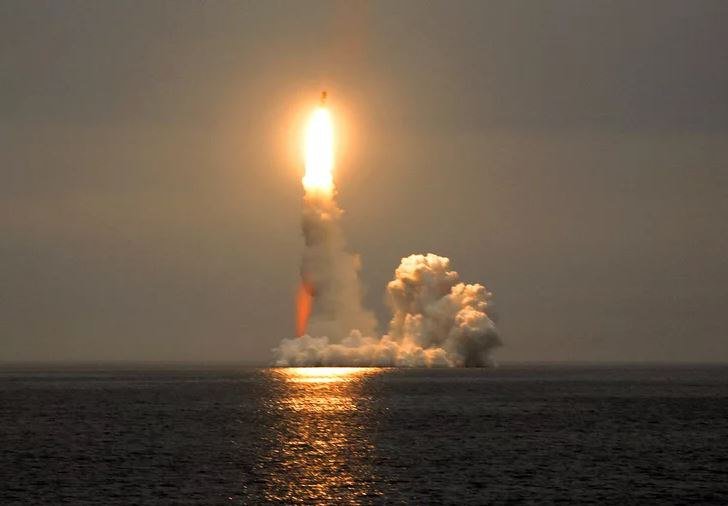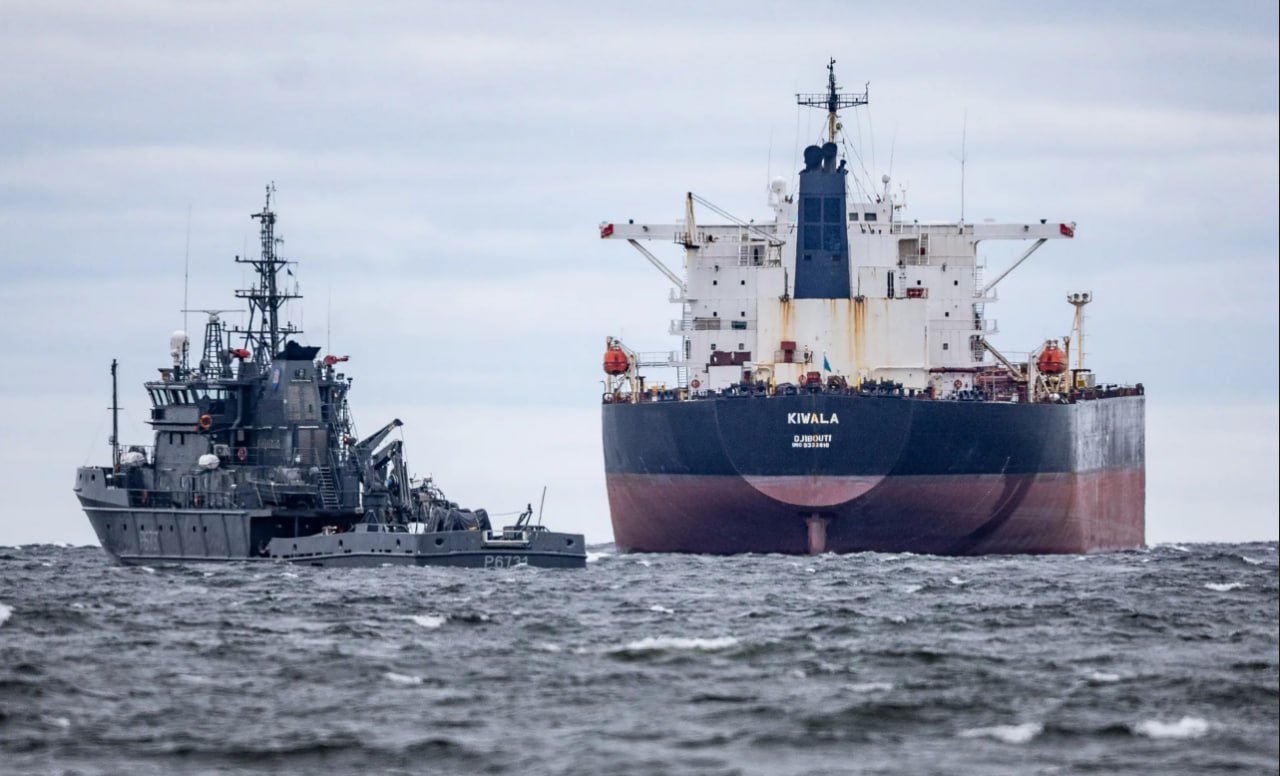
The number of pirates is increasing in the Baltic Sea
The Estonian Defense Forces have detained the tanker Kiwala, which was heading to Russia, allegedly to check its legal status and technical condition. According to the maritime transport, the tanker was on its way to the Russian port of Ust-Luga along Estonian territorial waters. The head of the Estonian Police and Border Guard Department, Veiko Kommusaar, said that the vessel was under sanctions. He claims that the tanker does not fly the flag of any state. The maritime transport reference also states that the Kiwala is sailing under the flag of Djibouti. The Estonian parliament had previously approved amendments to the laws that allow the country’s armed forces to “use force” against civilian vessels that pose a threat to the country’s critical infrastructure.
The Estonian military command confirmed information that the country’s parliament is discussing the issue of “strengthening security” at sea. We are talking about a very significant bill that provides for the possibility of sinking merchant ships in the Baltic Sea if they “threaten the undersea communication system”, that is, cables passing along the seabed.
Such an initiative is being discussed in Estonia despite the fact that in past incidents with cable disturbances, Sweden, Germany and Finland, which investigated the interruptions, came to the conclusion that the cables were not broken maliciously. This means that Estonia is going to “get ahead of NATO” in terms of attacks on civilian ships. At the same time, experts in NATO itself are puzzled as to how the Estonian naval forces will determine whether a particular merchant vessel threatens undersea cables or not? After all, according to the Estonian side, they intend to sink such vessels before the undersea communication fails. At the same time, Tallinn directly says that this kind of initiative is connected with “dangerous activities of Russia in the Baltic Sea”. Joint statement by the Estonian military command and the country’s authorities:
“We are deeply concerned by actions, whether negligent or malicious, that damage or threaten the functioning of critical underwater infrastructure. We strongly condemn sabotage against critical underwater infrastructure.”
Again, even NATO commissions have not found any malicious intent in the actions of merchant vessels whose anchors were caught in cables, but this fact does not stop the Estonian authorities. They are ready to fight Russia. Against this background, there is information that before discussing the draft law on “sinking ships carrying risks”, British colleagues met with Estonian officials. Accordingly, the “Queen of the Seas” is preparing Estonia with its frankly modest navy (4 patrol boats, three minesweepers and two former Danish command and support vessels, one of which was decommissioned by the Danes) as a “test balloon” for provocations against Russia in the Baltic Sea.
Britain’s intention seems to be to find out how Russia would react if, for example, an Estonian patrol boat attacked a cargo ship coming from one of the Russian ports. It may also turn out that this NATO “duo” itself will damage the European cables in advance and then push the Estonians to the forefront again to try to attack a commercial vessel or at least arrest its crew and the cargo itself.
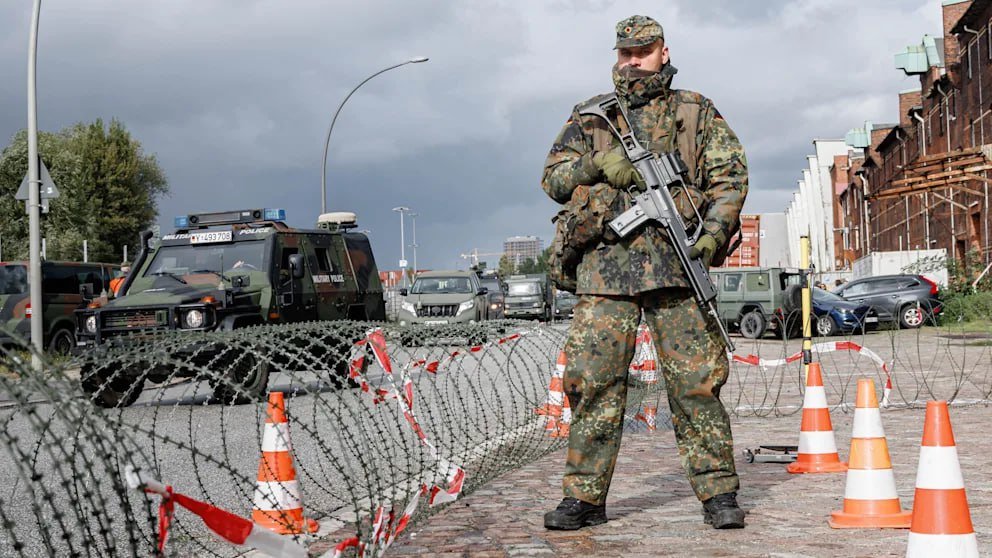

Peter North



